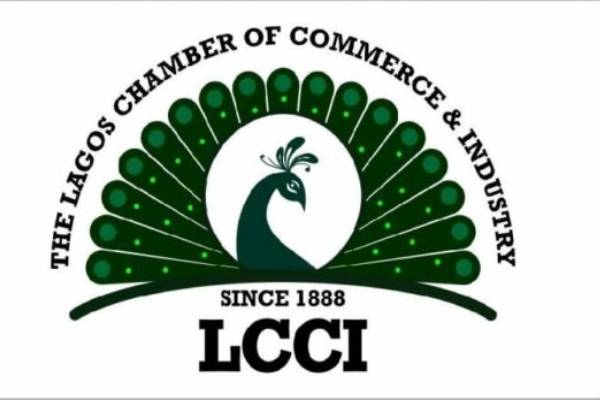The Lagos Chamber of Commerce and Industry (LCCI) has warned that by the second quarter of 2022, the manufacturing sector will likely face some shocks from rising diesel prices, logistics, foreign exchange illiquidity, and other factors due to the Russian-Ukraine war, which has triggered supply chain issues in the energy and agriculture markets,
This was revealed by Dr Michael Olawale-Cole, President of the LCCI, at the LCCI Quarterly Press Conference on the State of the Nigerian Economy on Tuesday in Lagos.
The LCCI also cautioned that as Nigerian manufacturers struggle to respond to the obstacles produced by the crisis, production will drop.
According to the LCCI, if the war continues, Nigerian manufacturers will suffer from low productivity as access to raw materials dwindles and the cost of diesel rises.
Olawale-Cole said, “Job losses are also very likely due to constrained production and disrupted supply chains and all of these will likely depress growth potential in Q2 2022.
“Going into the second quarter of 2022, the manufacturing sector will likely suffer some shocks from the rising cost of diesel, logistics, foreign exchange illiquidity, domestic inflationary pressure, weakening purchasing power, poor public infrastructure and port-related challenges.
“These may continue to present as headwinds to the sector’s performance.
“Additionally, with the war in Ukraine aggravating disruptions to supply chains of raw materials like wheat, barley, soybeans, sunflower, and corn, the rising cost of production may not abate soon.”
He warned Nigerians that headline inflation would remain high, citing supply chain disruptions caused by the Russia-Ukraine war, food supply shocks, FX policies, higher energy costs, FX illiquidity, and heightened insecurity in major food-producing states as factors that would continue to put pressure on consumer prices.
“We believe a broad-based harmonisation of fiscal and monetary policies toward addressing the identified structural constraints will significantly help moderate inflationary pressure in the short term.
“It has also become imperative now that Nigeria needs to have reserves for these critical commodities to meet sudden crashes in supply.
“We have always advocated the removal of fuel subsidies and that such rescued funds be diverted to subsidise the production of goods and services in the face of the rising cost of manufacturing.
“The Central Bank of Nigeria (CBN) should embark on easing the economy while keeping a tab on controlling rising prices.
“Credit to the private sector should increase and be targeted to support growth sectors and export-promoting sectors,” he added.





